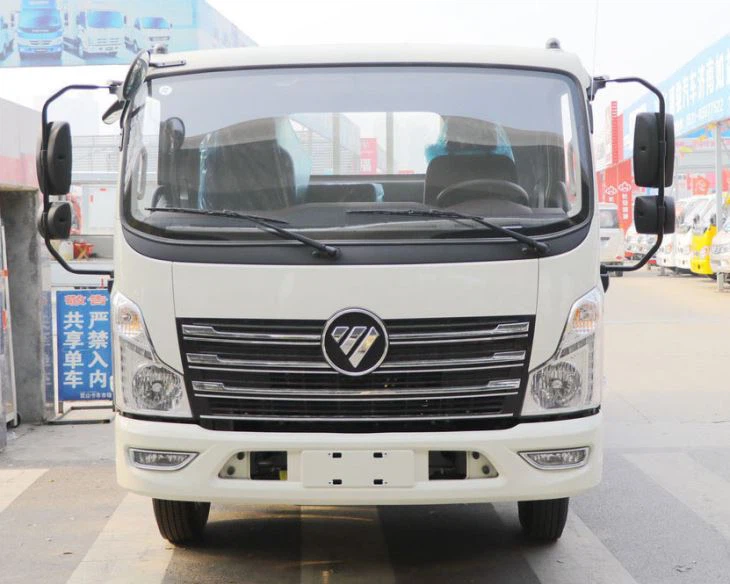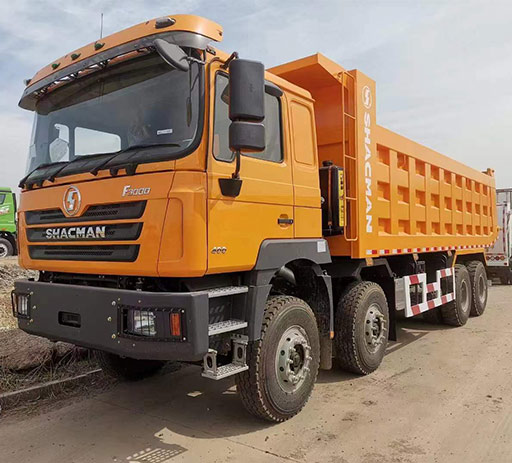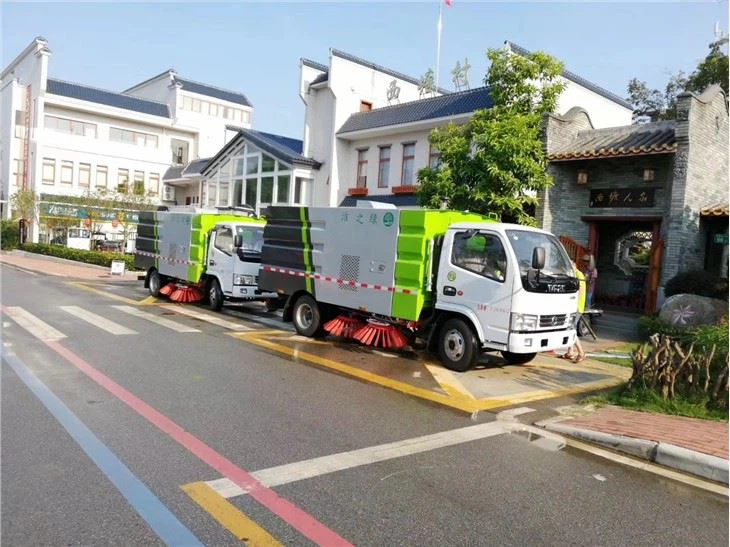The Comprehensive Guide to 18 Wheeler Tanker Trucks

18 wheeler tanker trucks play a critical role in the transportation of liquids, chemicals, and other materials. Understanding their function, types, maintenance, and regulations can provide valuable insights into the trucking industry. This article aims to give you a thorough understanding of 18 wheeler tanker trucks, offering practical examples, tips for success in the field, and addressing common questions related to these vehicles.
What is an 18 Wheeler Tanker Truck?
An 18 wheeler tanker truck is a large vehicle designed specifically for the transportation of liquid cargo. The term “18 wheeler” refers to the number of wheels on the truck and the trailer combined, which enhances stability and load-carrying capacity. Tanker trucks come in various shapes and sizes depending on their cargo type, including fuel, chemicals, and food-grade liquids.
Key Components of 18 Wheeler Tanker Trucks
- Chassis: The framework that supports the truck, including the axles and suspension.
- Tank: The cylindrical container that holds the liquid cargo, typically made of materials like steel or aluminum.
- Pump System: Used to load and unload liquids efficiently.
- Safety Equipment: Includes valves, spill containment systems, and pressure relief systems.
Types of 18 Wheeler Tanker Trucks
1. Fuel Tankers
Fuel tankers are specifically designed to transport gasoline, diesel, and other petroleum products. Their tanks are built to prevent leaks and spills, often featuring multiple compartments to carry different types of fuel.
2. Chemical Tankers
Chemical tankers transport a variety of hazardous and non-hazardous liquids, including acids, bases, and other chemicals. These tanks are often lined with special materials to prevent corrosion and contamination.
3. Food-Grade Tankers
Food-grade tankers are used to transport liquids such as milk, juice, and oils. They comply with strict health regulations and are made from materials that are safe for food contact.
4. Asphalt Tankers
Asphalt tankers carry heated asphalt for road construction. These tankers are insulated to keep the asphalt at a high temperature during transportation.
How 18 Wheeler Tanker Trucks Operate
Loading and Unloading Processes
Loading and unloading liquids requires specialized equipment and procedures. Tankers are typically loaded using pump systems that transfer liquid from storage tanks into the tanker. Conversely, unloading involves transferring the liquid from the tanker to the receiver’s storage tanks.
Best Loading Practices
- Inspect the tanker for leaks or damages before loading.
- Ensure that the product being loaded matches the tanker specifications.
- Utilize proper grounding techniques to prevent static electricity buildup during loading.
Best Unloading Practices
- Always wear appropriate personal protective equipment (PPE).
- Verify that the receiving tank is clean and empty before unloading.
- Follow safety procedures to prevent spills and leaks during the process.
Maintenance of 18 Wheeler Tanker Trucks
Routine Maintenance Checklist
| Maintenance Task | Frequency | Description |
|---|---|---|
| Oil Change | Every 5,000-7,500 miles | Replace engine oil to ensure smooth operation. |
| Tire Inspection | Monthly | Check tire pressure, tread wear, and overall condition. |
| Brake System Check | Quarterly | Inspect brake pads, rotors, and fluid levels. |
| Tank Inspection | Monthly | Look for leaks, dents, or corrosion in the tanker. |
Importance of Regulatory Compliance
Proper maintenance is crucial not only for the longevity of the vehicle but also for adherence to safety regulations. Non-compliance can lead to hefty fines, accidents, and environmental damage.
Safety Considerations for 18 Wheeler Tanker Trucks

Emergency Procedures
In the event of a spill or leak, drivers must follow established emergency procedures. This includes notifying authorities, utilizing spill containment kits, and securing the area to prevent unauthorized access.
Driver Training
All drivers must receive adequate training in handling tanker trucks, including loading and unloading techniques, emergency spill response, and safe driving practices. Continuous education and refresher courses are also recommended.

The Economic Impact of 18 Wheeler Tanker Trucks
Industry Contributions
The trucking industry, particularly the segment involving tanker trucks, significantly contributes to the economy by facilitating the transportation of essential goods. From fuel to food products, these trucks are vital for supply chains.
Cost Considerations
Operating an 18 wheeler tanker truck involves various costs, including fuel, maintenance, insurance, and driver salaries. Proper budgeting and planning can help companies optimize their operations while ensuring profitability.
Future Trends in 18 Wheeler Tanker Trucks
Technological Advancements
The adoption of technology in the trucking industry continues to grow, with innovations such as GPS tracking, fleet management software, and automated loading and unloading systems enhancing efficiency.
Environmental Regulations
As environmental concerns rise, regulations regarding emissions and safety standards are becoming stricter. Companies are exploring solutions like biofuels and electric tanker trucks to meet these new demands.
Conclusion
Understanding the vital role of 18 wheeler tanker trucks is crucial for anyone involved in or interested in the trucking industry. Their importance spans across various sectors, making them essential for daily commerce. Proper maintenance, safety considerations, and adapting to future trends will ensure that this segment of the trucking industry remains robust and efficient.
FAQs about 18 Wheeler Tanker Trucks

1. What types of liquids can 18 wheeler tanker trucks transport?
18 wheeler tanker trucks can transport a variety of liquids, including fuel, chemicals, food-grade liquids, and asphalt.
2. How often should tanker trucks undergo maintenance?
Routine maintenance should be performed regularly, with specific tasks schedule based on mileage and usage, typically at least once a month.
3. What safety features should be present in a tanker truck?
Safety features include spill containment systems, pressure relief valves, and proper signage to alert others of hazardous materials.
4. Are there specific regulations for drivers of 18 wheeler tanker trucks?
Yes, drivers must comply with federal and state regulations, including obtaining a Commercial Driver’s License (CDL) and completing specialized training for handling hazardous materials.
5. How do I choose the right tanker truck for my needs?
Consider the type of liquid you will be transporting, weight capacity requirements, and the regulatory compliance needed for your specific industry.
6. Can I track my tanker truck’s location in real-time?
Yes, many trucking companies utilize GPS tracking systems that allow for real-time monitoring of their tanker trucks’ locations.
